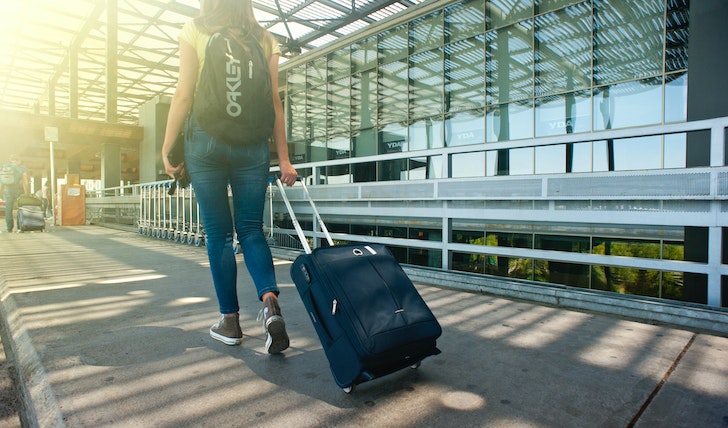Traveling abroad can be a fun and exciting experience, but there are certain habits that can hinder your trip and even put you in danger. As a travel enthusiast, you may have experienced different cultures and learned the do’s and don’ts of traveling abroad. If not, we will cover some red flags in this article.
Now, let’s go ahead and explore six habits to avoid when traveling abroad. Avoiding these will help you enjoy your travel experience with ease, avoid unnecessary expenses, and keep you safe.

Ignoring Your Body Clock
Traveling to a different time zone can disrupt your body clock and lead to jet lag syndrome. Ignoring your body clock can make you feel fatigued and irritable and affect your mood and productivity during your trip.
However, to avoid jet lag, try to adjust your sleeping pattern before your trip. During your flight, stay hydrated and avoid caffeine. Plus, get up occasionally to stretch and move your body.
Using Public Wi-Fi Networks Without Protection
Accessing public Wi-Fi networks when traveling can be tempting, especially in airports, cafes, or hotels where it is free or affordable. But, using unprotected public Wi-Fi can leave your sensitive information vulnerable to hackers.
Why? Well, your login credentials, credit card information, and personal files can be easily intercepted. In turn, this can lead to identity theft. When using public Wi-Fi, always use a VPN (Virtual Private Network) to encrypt your data and keep your online activity secure.

Overpacking & Carrying a Large Bag
One of the most common mistakes travelers make is overpacking. Bringing too many clothes, shoes, or accessories can be inconvenient. These can make traveling less comfortable. Not to mention, overpacking can lead to extra baggage fees. Create a packing list and stick to it.
So, plan your outfits wisely and bring versatile clothing items that can be mixed and matched. Remember, you can always do laundry while traveling, and most hotels provide essential toiletries.
Not Understanding Local Customs & Etiquette
When traveling to a new country, it is important to understand and respect local customs and etiquette. Simple gestures like greeting people, tipping, or dressing appropriately can make a big difference in how locals perceive you.

Do your research beforehand and learn about the country’s culture, religion, and social norms. Respect the differences and be willing to adapt to local customs.
Not Having Travel Insurance
Traveling without insurance can be a risky move. You never know when unexpected situations like illness, trip cancellations, or theft can occur. Having travel insurance can provide you peace of mind and protect you from costly expenses.
So, make sure to check what your insurance policy covers and if it includes emergency medical evacuation.
Not Budgeting Your Expenses
Traveling can be expensive. Therefore, it is pivotal to budget your expenses wisely during your trip. Not setting a budget can lead to overspending and financial stress.
Before your trip, plan your itinerary and estimate your expenses for accommodations, food, transportation, and activities. Do not forget to include a buffer for unexpected expenses. Ideally, consider using a travel budgeting app to track your expenses.




